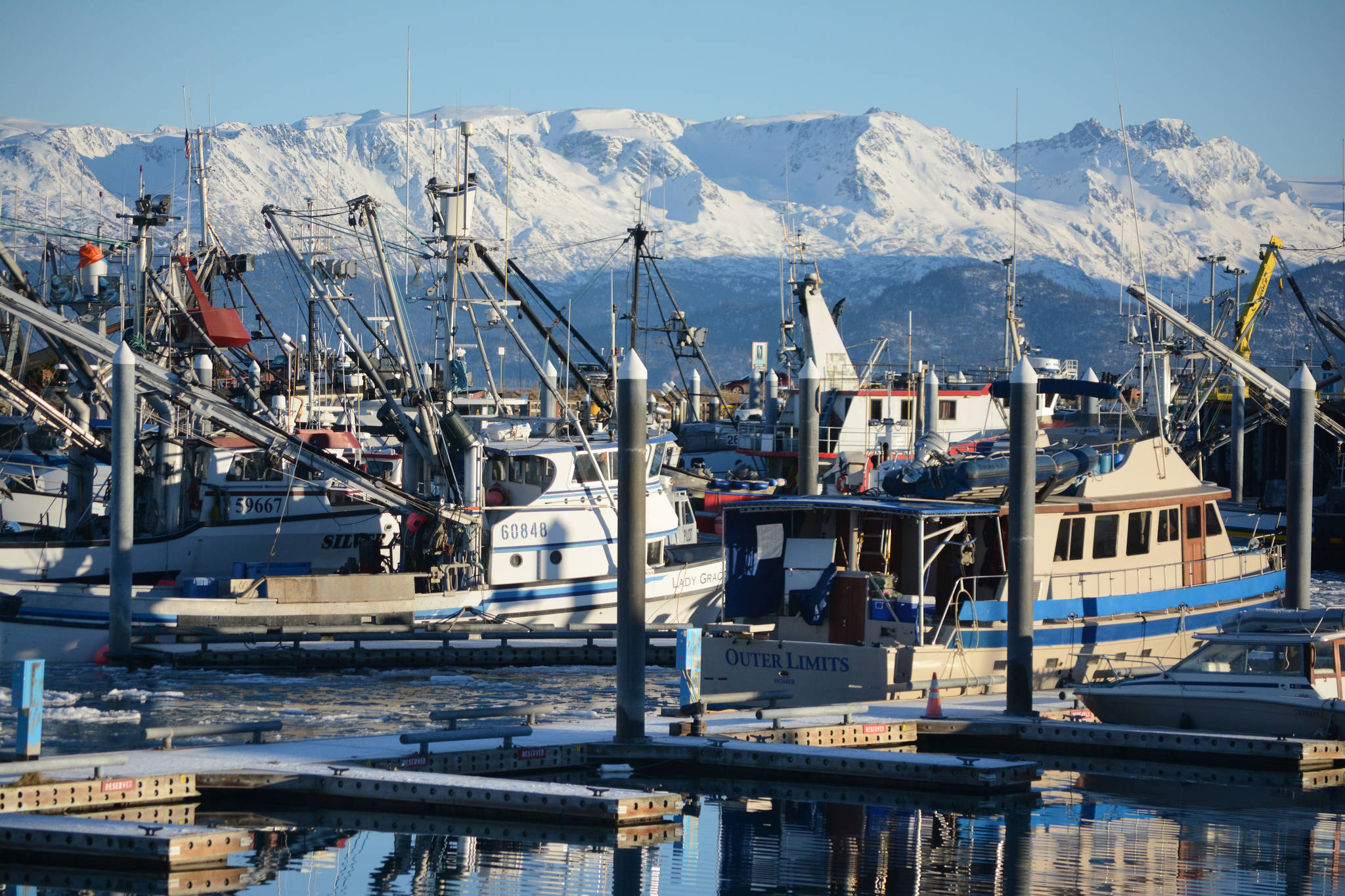Rising carbon levels in the oceans may affect a salmon’s sense of smell, impairing their ability to find their home stream, according to a new study published by the University of Washington and NOAA Fisheries Science Center.
“Salmon famously use their nose for so many important aspects of their life, from navigation and finding food to detecting predators and reproducing. So it was important for us to know if salmon would be impacted by future carbon dioxide conditions in the marine environment,” said lead author Chase Williams, a postdoctoral researcher in Evan Gallagher’s lab at the UW Department of Environmental and Occupational Health Sciences in the School of Public Health.
The study, published last month in the journal Global Change Biology, is the first to show that ocean acidification affects coho salmons’ sense of smell. The study also takes a more comprehensive approach than earlier work with marine fish by looking at where in the sensory-neural system the ability to smell erodes for fish, and how that loss of smell changes their behavior.
“Our studies and research from other groups have shown that exposure to pollutants can also interfere with sense of smell for salmon,” said Gallagher, senior co-author and a UW professor of toxicology. “Now, salmon are potentially facing a one-two punch from exposure to pollutants and the added burden of rising CO2. These have implications for the long-term survival of our salmon.”
The study comes at a time when Alaska fishermen are facing another “warm blob” forming in the North Pacific that is thought to have played a role in failed and funky salmon runs in 2018, as well as the Bering Sea, where the Bristol Bay salmon rear, that, as an article in Popular Science describes it, is “out of whack.”
The article describes a Bering Sea that last year remained virtually free of sea ice.
“Last year, or last winter, we had by far the lowest sea ice extent by any measure in the Bering Sea,” said Rick Thoman, who recently retired from studying weather and climate for the NOAA and currently works for the Alaska Center for Climate Assessment and Policy at the University of Alaska Fairbanks. From when reconstructed sea ice records begin in 1850 until now, this year was the lowest of the low in terms of sea ice, and “not by a little bit, by a tremendous amount.”
Cristy Fry can be reached at realist468@gmail.com.



